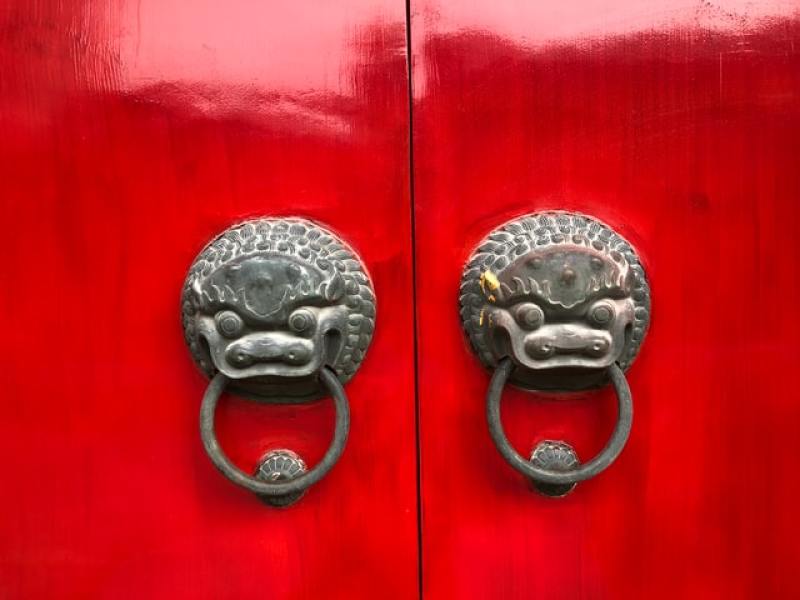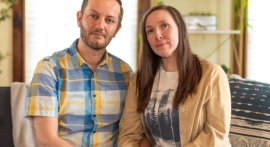
A new report has found that Kenneth Wollack, a Co-Chair of the Commission of Presidential Debates, has been part of multiple "off-the-record" dialogues with Chinese Communist Party officials and influence groups. Pollack is also the the Chairman of the publicly-funded National Endowment for Democracy (NED) board.
According to the National Pulse, Wollack was one of 10 principal delegates at the inaugural U.S.-China High-Level Political Party Leaders Dialogue, hosted by the EastWest Institute, which is an international not-for-profit, non-partisan think tank that focuses on international conflict resolution and diplomacy.
The event was hosted by EastWest Institute "in partnership" with the International Department of the Central Committee of the Communist Party of China, which is described as an agency that gathers intelligence on and influences foreign political parties, think tanks, academics, and more. The Sydney Morning Herald described the agency as one that is "tasked with gathering intelligence on foreign politicians and political parties, and developing asset relations with them."
Also leading the U.S. delegation in which Wollack was part of was former U.S. Secretary of State Madeleine K. Albright, whose daughter Alice P. Albright was nominated by the Biden administration to be the Chief Executive Officer of Millennium Challenge Corporation, a bilateral United States foreign aid agency. This is despite her $100,000 to $250,000 investment in the China-U.S. Industrial Cooperation Partnership, a 5 billion private equity fund that was jointly launched by Goldman Sachs and the state-owned China Investment Corp (CIC).
"It seeks to build understanding and trust between political elites from the United States and China through an exchange of views on governance and foreign policy issues," the EastWest Institute said of the Dialogue. But the EastWest Institute itself has ties with premier Chinese influence groups including the China-United States Exchange Foundation (CUSEF).
CUSEF was founded by the Vice-Chairman Chinese Communist Party's United Front Work Department to "co-opt and neutralize sources of potential opposition to the policies and authority of its ruling Chinese Communist Party" and "influence foreign governments to take actions or adopt positions supportive of Beijing's preferred policies." It is also the sponsor of several U.S.-China High-Level Political Party Leaders Dialogue events.
As part of the EastWest Institute's Dialogue, Wollack's participation as a member of the delegation involved "off-the-record" meetings with meetings with Chinese Communist Party leader Xi Jinping and other senior officials in the regime's United Front Work Department.
In 2011, Wollack was part of another U.S.-China High-Level Political Party Leaders Dialogue that took place in Beijing and Sichuan, China. The EastWest Institute explained that the visit was the first time that the dialogue process had "expanded beyond Beijing to include meetings in other regions of China, in an effort to promote a broader understanding between the two countries' political elites."
In 2012, Wollack participated in another delegation, this time focusing on business, one that the EastWest Institute described as focusing on "how to expand trade ties between China and the United States, particularly at the provincial and state levels."
Wollack also participated in the fifth U.S.-China High-Level Political Party Leaders Dialogue while serving as the President of the National Democratic Institute, which was one of the Hosting Partners of the dialogue.
Wollack's links to the Chinese regime comes as the Republican National Committee plans to block future presidential candidates from participating in debates organized by the Commission on Presidential Debates based on the belief that it is biased, Forbes reported.
The RNC informed the commission on Thursday that they are pushing forward with plans to block presidential candidates from participating in the debates because they believe the commission will "delay any reform until it is too late to matter for the 2024 election."






















